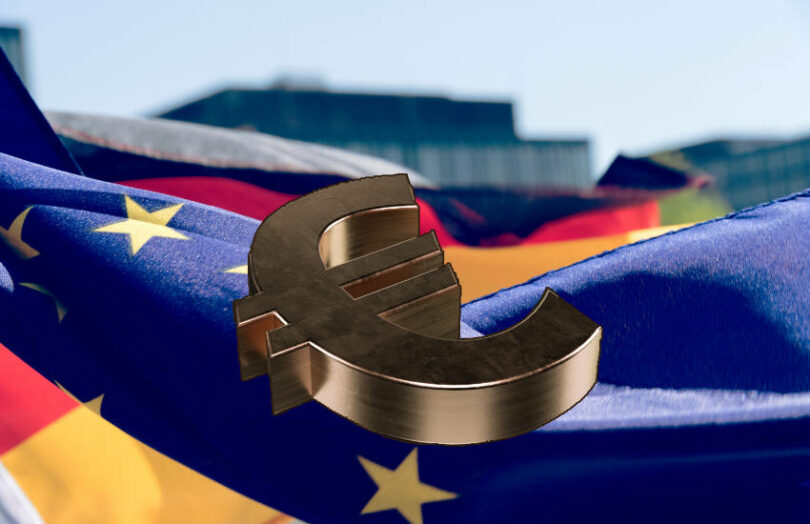On Wednesday, a survey by the Federal Association of German Community Banks (BVR) found that the introduction of a digital euro could have devastating consequences for the German banking industry. According to the investigation, if every person converted €3000 to the central bank digital currency (CBDC), only 56 out of 714 institutions would meet the legally required liquidity buffers. This would mean that banks would have to seek alternative, more expensive funding sources.
In contrast, with an upper limit of €500, only 18 institutions would have issues. The BVR suggests this limit because it views it as a digital version of cash. However, the likely scenario is that not everyone would switch the full amount, so the danger may be overstated.
Additionally, as noted by European Central Bank (ECB Director Fabio Panetta and others, the purpose of the digital euro is to be a means of payment rather than a form of investment. In a recent interview with the German business newspaper Handelsblatt, which gained access to the survey, Panetta reassured banks by stating that the ECB would “ensure that a digital euro does not involve risks for financial stability”.
Yet the issue of finding alternative funding sources is a hot topic among the banking community, hence the reason for considering caps on holding digital euros. Some countries appear not to care about this problem, such as Russia, which is generally taking a different approach from others in their project to develop a CBDC.
But the digital euro is still a controversial affair in Germany, particularly compared to other European countries. In 2021, Commerzbank’s then Chief Economist, Dr. Jörg Krämer, called the CBDC initiative an ECB power grab. That year, the German Bundesbank also suggested that it would be better to stick to trigger payments rather than a wholesale CBDC. Overall, Germany has been less active on wholesale CBDC projects than other major economies, such as France and Spain.
This could become a significant obstacle to the digital euro due to the size of the German economy and its population’s long-time affinity for privacy and security. In a digital euro survey published by the ECB in 2021, Germany dominated the report by accounting for 47% of respondents. The most voted feature of a future digital euro was “I want my payments to remain a private matter”.






